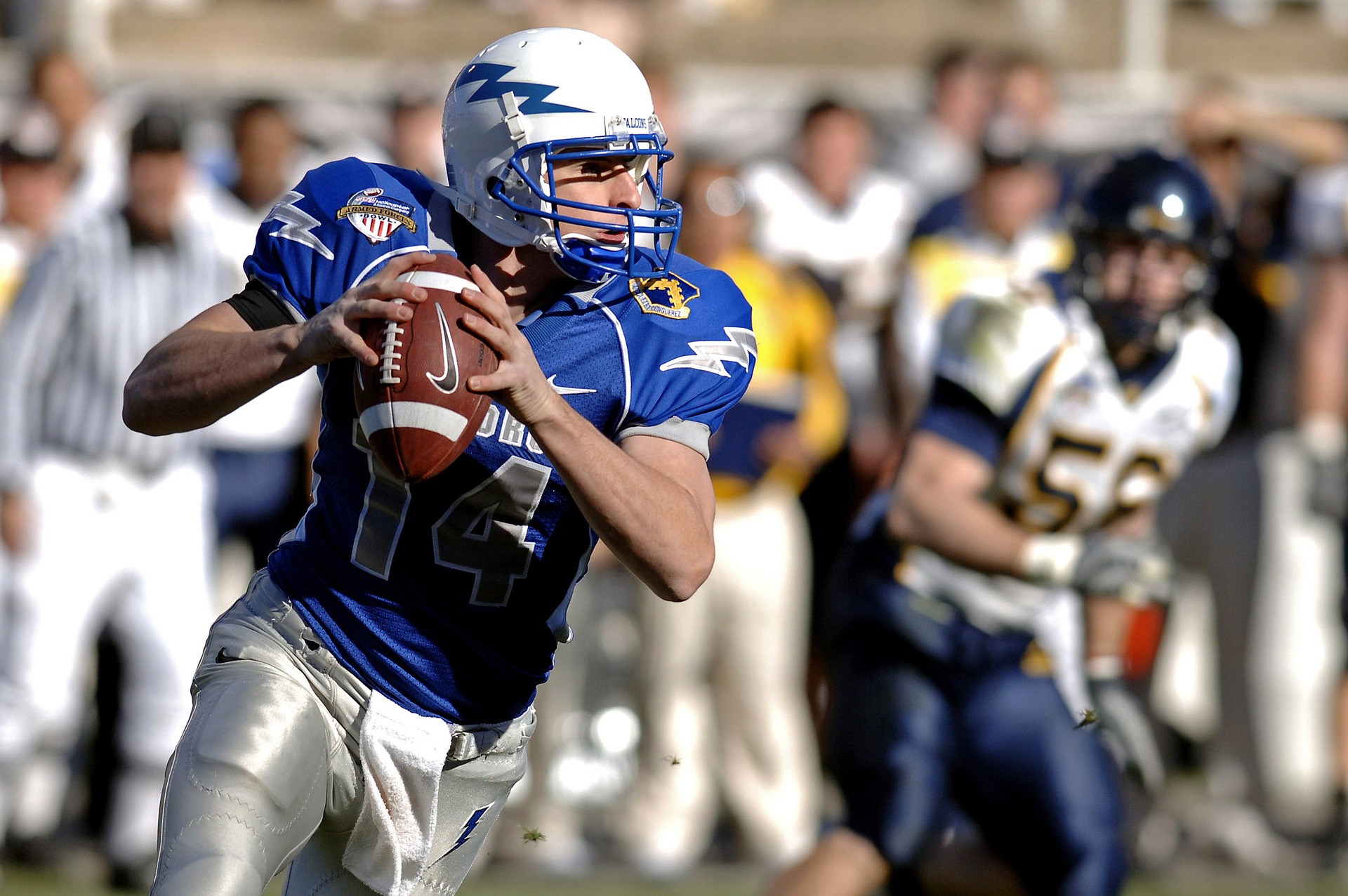Nutrition Plans for High-Performance Athletes
As a seasoned sports enthusiast, you understand the critical role that nutrition plays in an athlete's performance. Whether you're a professional athlete or someone who enjoys recreational sports, fueling your body with the right nutrients is essential for optimal performance. In this article, we will delve into the importance of nutrition plans for high-performance athletes and how they can enhance your overall athletic abilities.

Balanced Diet for Athletes
Ensuring that you have a well-rounded and balanced diet is key to supporting your athletic endeavors. High-performance athletes require a combination of macronutrients (carbohydrates, protein, and fats) and micronutrients (vitamins and minerals) to fuel their bodies and aid in recovery. Consuming a variety of whole foods such as lean proteins, whole grains, fruits, and vegetables is crucial for meeting your nutritional needs.
Hydration Strategies
Proper hydration is essential for maintaining peak performance during training and competitions. Athletes need to stay hydrated before, during, and after exercise to prevent dehydration and optimize performance. Developing a hydration plan that includes consuming adequate fluids and electrolytes can help athletes avoid fatigue, cramping, and other performance-related issues.
Nutrient Timing
Timing your meals and snacks around your training schedule is another important aspect of a nutrition plan for high-performance athletes. Consuming carbohydrates and protein before and after workouts can help replenish glycogen stores, promote muscle repair, and enhance recovery. Planning your meals and snacks strategically can maximize your energy levels and performance on the field or court.
Supplementation
While a well-rounded diet should be the primary source of nutrients for athletes, supplementation may be necessary in certain cases. Athletes who have specific dietary restrictions, deficiencies, or higher nutrient needs may benefit from taking supplements such as vitamin D, omega-3 fatty acids, or protein powders. Consulting with a sports dietitian can help athletes determine if supplementation is necessary for their individual needs.
Meal Planning and Preparation
Creating a meal plan and preparing meals in advance can help high-performance athletes stay on track with their nutrition goals. Planning ahead ensures that athletes have access to nutritious meals and snacks that support their training and recovery. Meal prepping can save time, money, and energy, making it easier for athletes to fuel their bodies properly throughout the week.
Useful Tips and Facts
- High-performance athletes should aim to consume a diet rich in whole foods, including lean proteins, complex carbohydrates, healthy fats, and plenty of fruits and vegetables.
- Hydration is crucial for athletic performance, with athletes needing to drink water regularly throughout the day and during training sessions.
- Nutrient timing plays a significant role in fueling and recovering from workouts, with athletes benefiting from consuming carbohydrates and protein before and after exercise.
- While supplementation can be useful for some athletes, it should not replace a well-balanced diet and should be taken under the guidance of a healthcare professional.
- Meal planning and preparation can help athletes stay organized and ensure they have access to nutritious meals and snacks that support their training goals.
In conclusion, nutrition plays a vital role in the performance and overall well-being of high-performance athletes. By following a well-rounded nutrition plan that includes balanced meals, proper hydration, nutrient timing, supplementation when necessary, and meal planning, athletes can fuel their bodies for success on and off the field. Remember, what you eat can make a significant difference in your athletic performance. Read below for more insightful articles on sports-related topics.




